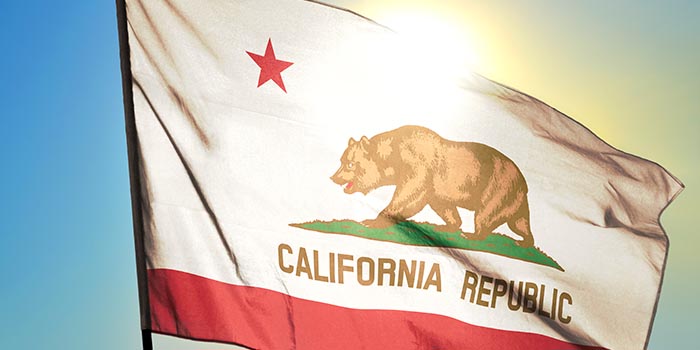The legality of California‘s commercially operated card rooms is under close examination, as James Siva, Chairman of the California Nations Indian Gaming Association (CNIGA), authored an in-depth op-ed in Tribal Gaming and Hospitality. The major disagreement revolves around whether these organizations, which have transitioned from casual games to more traditional casino-style services, break state law by encroaching on tribal exclusive gaming rights.
The Passing of a New Bill Could Eventually Settle this Controversial Topic
85 card rooms with varying sizes, right from smaller, cozy sites to sprawling locations featuring multiple tables, are operated within California. Although these card rooms are widely spread and numerous, their legal standing is currently unclear. In support of this, CNIGA has endorsed Senate Bill 549 (SB 549), proposed by State Senator Josh Newman, which empowers tribes to legally challenge the status of cardrooms.
This initiative occurs as card rooms extend their services to involve games such as blackjack and baccarat, which straightly compete with tribal casinos. Amidst the struggle for legal recognition and market portion among card room owners, operators, and tribes, the legality of these establishments stands as a contentious issue, with lobbying efforts reaching unprecedented levels.
Chairman Siva underlines that if SB 549 comes into effect, tribes will gain the ability to contest these establishments’ functioning in court, leading to clear-cut legal decisions. Resorting to judicial intervention is fraught with uncertainties, as there’s no assurance of a verdict favoring the tribes. However, a legal triumph will notably strengthen tribal interests and remodel California’s gaming milieu.
Legislators Are Examining Alternative Paths to Resolve the Conflict
Although SB 549 has been favorably handled by the State Judiciary Committee in July, it still hasn’t seen a vote in the Senate. Siva stated that the tribe’s arguments managed to persuade a few committee members, explaining the persistent postponements. He is confident in a Senate vote that supports the bill, which would conclude the debate over the legality of card rooms.
SB 549 is a potential solution to an argument that is likely to repeatedly surface in state legislative and attorney general circles.
James Siva, CNIGA Chairman
Despite the tribes’ attempts at action, California lawmakers appear hesitant to prompt significant transformations in the state’s delicate gambling industry. Newly suggested regulations aim to govern cardroom offerings, distinguishing them from tribal casinos. For instance, these new regulations strictly outlaw any form of blackjack with a likelihood of imposing additional restraints, helping to relieve the friction between cardrooms and tribal casinos.
As state leaders and legislators avoid expressing a definitive perspective on card room legality, it appears that this issue will inevitably find its way into the courtrooms. Despite the acceptance of card rooms in particular communities and their economic contributions, the argument continues unabated. With no clear answer in sight, tribes and commercial gaming entities remain locked in a legal stalemate.







